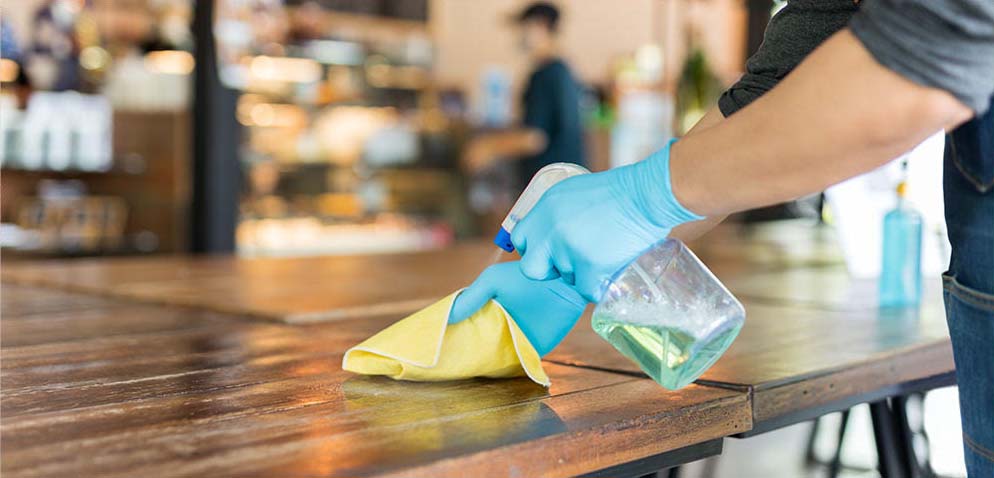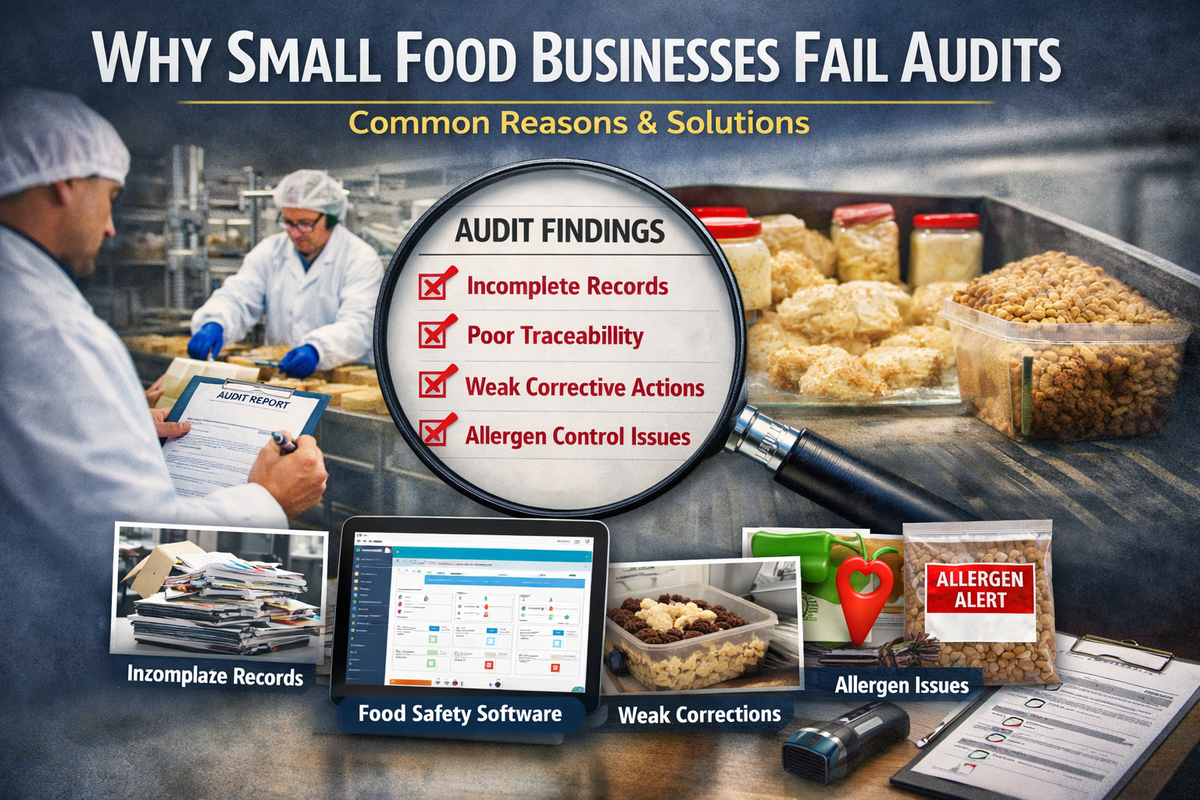Hello, dear readers! Here at NORMEX, we are passionate about providing you with valuable, insightful, and friendly advice to help your business thrive. Today, we're going to discuss something that is the lifeblood of any food industry enterprise: an effective cleaning and sanitation program.
Sanitation and cleanliness are not just regulatory requirements in the food industry—they are the foundation of your reputation and the key to customer trust. A robust sanitation program can prevent foodborne illnesses, ensure the safety of your products, and ultimately protect your brand.
Understanding the Importance of Sanitation
Let's start with the basics. Sanitation in the food industry is all about reducing the risk of contamination. Microorganisms, allergens, and foreign substances can be present anywhere—from raw materials to processing equipment and even the packaging. And if these contaminants end up in the final product, they can pose serious health risks to consumers.
According to the World Health Organization, an estimated 600 million—almost 1 in 10 people in the world—fall ill after eating contaminated food each year. This stark figure underscores the need for rigorous sanitation practices. But it's not just about avoiding negative outcomes. Effective sanitation also contributes to the quality and shelf-life of your products, enhancing their appeal to customers.
Developing a Comprehensive Sanitation Program
An effective sanitation program is comprehensive, systematic, and adaptable. It includes several key elements:
1. Cleaning and Sanitizing Procedures: Every piece of equipment, surface, and tool in your facility should have a specific cleaning and sanitizing procedure. These procedures should detail what needs to be cleaned, how it should be cleaned, and how often. The difference between cleaning and sanitizing is crucial: cleaning removes visible dirt and debris, while sanitizing reduces the number of microorganisms to safe levels.
2. Employee Training: Your sanitation program is only as good as the people who implement it. Regular training ensures that everyone understands the importance of sanitation and knows how to follow the procedures correctly. Remember, sanitation is everyone's responsibility—not just the cleaning crew's.
3. Documentation and Records: Keep detailed records of your sanitation activities. This includes cleaning schedules, checklists, and logs of any sanitation-related incidents. Documentation provides evidence of your compliance with food safety regulations and helps identify areas for improvement.
4. Regular Audits: Schedule regular sanitation audits to assess the effectiveness of your program. These audits can identify potential risks and verify that your procedures are being followed correctly.
5. Preventive Maintenance: Regular maintenance of your equipment can prevent unexpected breakdowns that could lead to contamination. This includes checking seals, gaskets, and filters for wear and tear, and replacing them as needed.
6. Pest Control: Pests can introduce harmful pathogens into your facility. An integrated pest management program should be part of your overall sanitation strategy.
Ensuring Food Safety
Sanitation is a critical component of food safety. While procedures like Hazard Analysis and Critical Control Points (HACCP) focus on controlling specific hazards during the production process, sanitation addresses the broader environment in which food is produced.
To ensure food safety, it's essential to integrate your sanitation program with your other food safety efforts. This means coordinating sanitation schedules with production schedules, ensuring that cleaning doesn't introduce new hazards, and verifying that sanitation controls are effective.
In conclusion, a well-designed and properly implemented sanitation program is a powerful tool for ensuring food safety and protecting your brand's reputation. It demonstrates your commitment to producing safe, high-quality food and your respect for the consumers who trust you with their health.
Here at NORMEX, we believe that knowledge is power. By understanding the importance of sanitation and the elements of an effective sanitation program, you can make informed decisions that benefit your customers, your employees, and your business. Stay tuned for more informative and engaging content from us!
Remember, the path to success in the food industry is paved with clean and sanitized surfaces. Keep it clean, folks!







